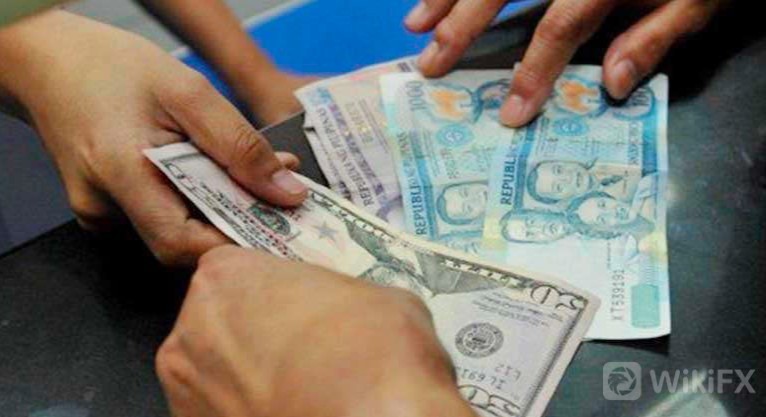THE PESO weakened against the dollar on Friday after a new coronavirus variant led to risk aversion among investors.
The local unit closed at P50.43 versus the dollar, down by four centavos from its P50.39 finish on Thursday, data from the Bankers Association of the Philippines showed.
The peso opened Fridays session at P50.40 per dollar. Its worst showing for was at P50.57, while its intraday best was at P50.32 against the greenback.
Dollars traded rose to $1.15 billion on Friday from $1.1206 billion a day earlier.
Michael L. Ricafort, chief economist at Rizal Commercial Banking Corp., said the peso ended slightly weaker against the dollar after a new coronavirus disease 2019 (COVID-19) variant detected in South Africa triggered profit-taking and risk aversion in global financial markets.
South Africas health minister had announced the detection of the new variant, which scientists said had a high number of mutations.
“Peso (was) also weaker after the net foreign portfolio investments outflow in October 2021 was the biggest in three months,” he said in a Viber message.
More short-term foreign investments exited than entered the Philippines in October amid lingering inflation concerns among investors.
Foreign portfolio investments — commonly referred to as “hot money” due to the ease by which these flows enter or leave an economy — posted a net outflow of $221.11 million in October, based on data released by the Bangko Sentral ng Pilipinas (BSP) on Thursday.
The October figure is 55% lower than the net outflow of $493.46 million a year earlier and more than nine times higher than the net $24.16 million that left the country in September. It was also the biggest outflow since the $339.7 million posted in July.
In the first ten months, hot money yielded a net outflow of $679.64 million, which was 83% lower than the net $3.9 billion that exited the country in the same period in 2020.
UnionBank of the Philippines, Inc. Chief Economist Ruben Carlo O. Asuncion said investors preferred safe-haven currencies.
“The new COVID-19 variant has rattled the markets and the market in a knee-jerk reaction is in a sell-off,”he said in a Viber message. “With this, particularly for forex, the movement is away from Asian currencies to more safe-havens like the USD.”


Leave a Reply